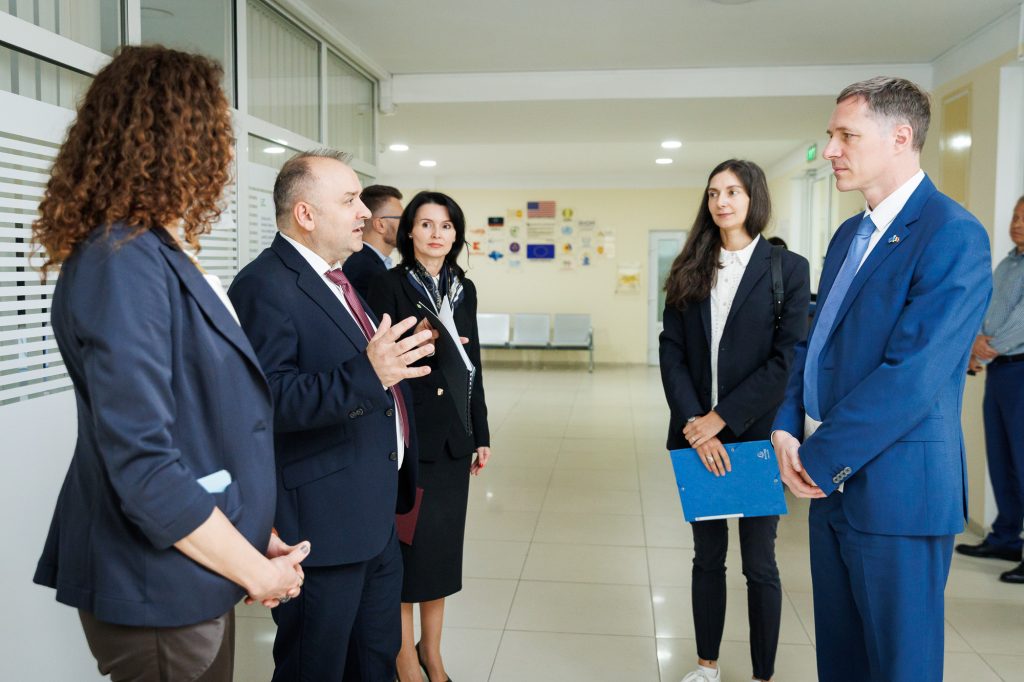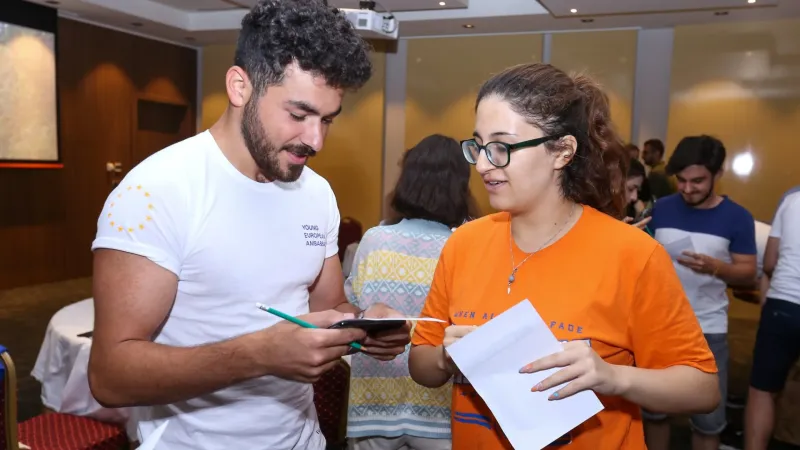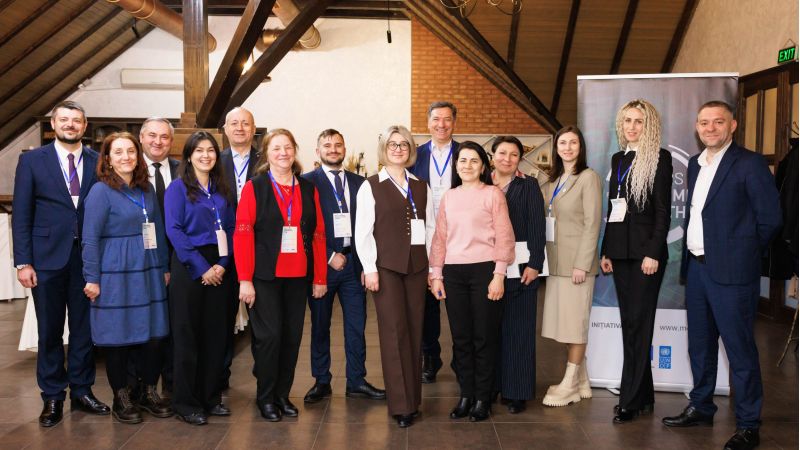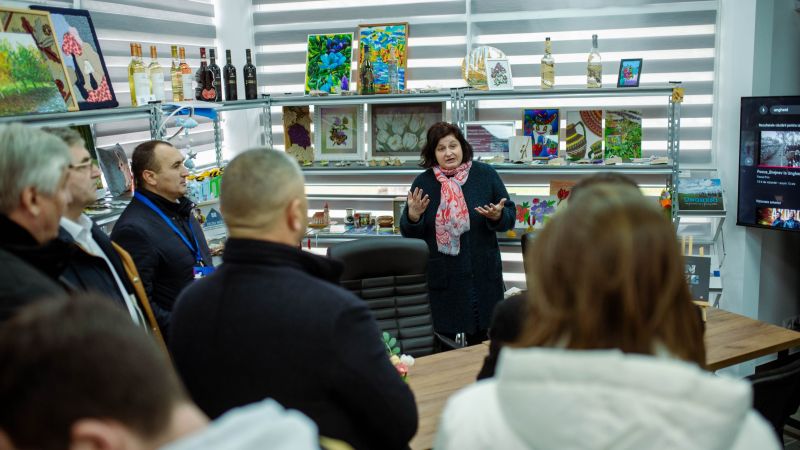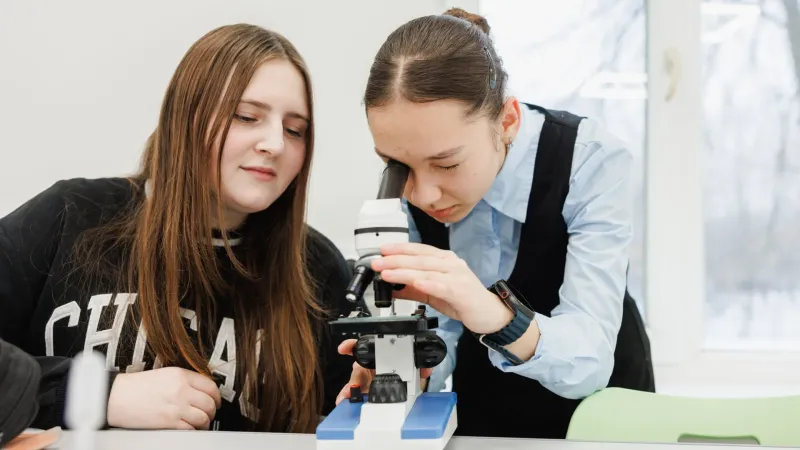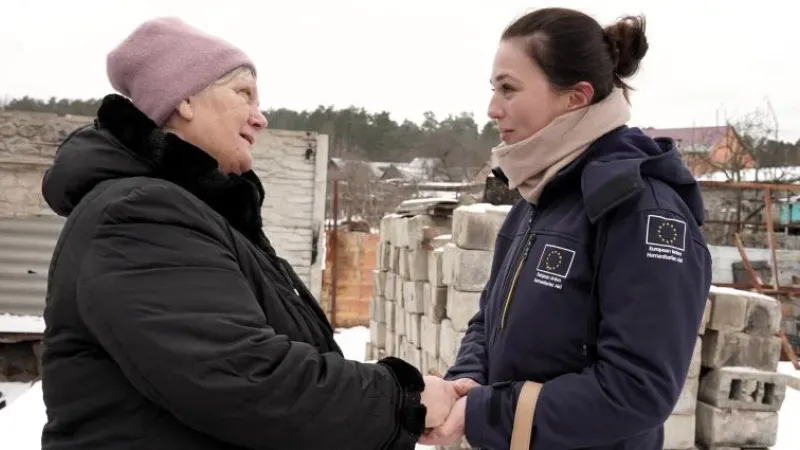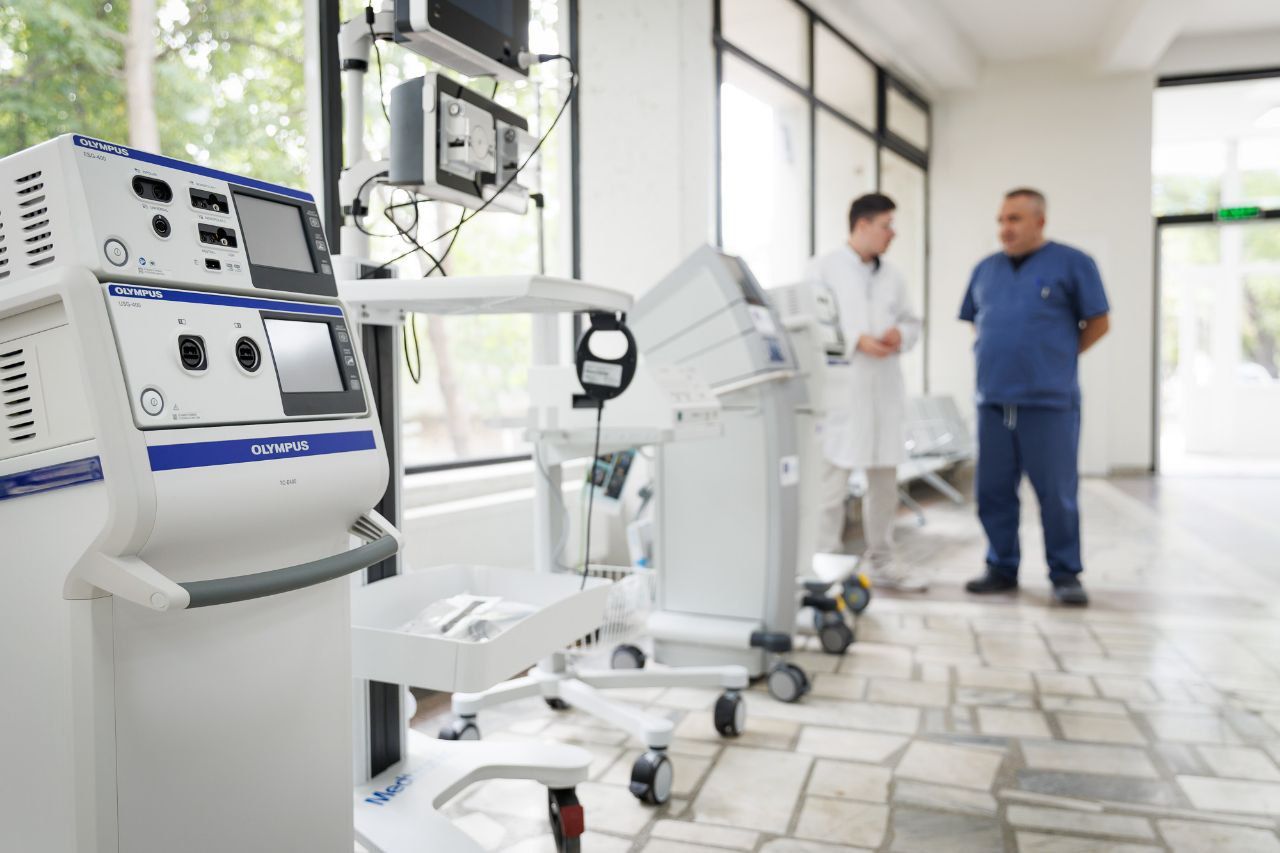
EU and WHO donated life-saving surgery equipment for the Institute of Oncology
Thousands of people in Moldova facing cancer will benefit from life-saving medical equipment donated to the Institute of Oncology, funded by the European Union and procured by the World Health Organization (WHO). Each year, more than 5,000 people with lung, bone, digestive, skin, throat, and other cancers are expected to receive safer, faster, and more effective treatment thanks to this support.
“I’m glad that here in Moldova we have access to such advanced equipment. You don’t have to go abroad, where it costs a lot of money. I had a lung investigation to check my health condition,” said Pavel Dron, a patient, receiving care at the Oncology Institute.
The new equipment makes surgeries more precise, supports faster recovery, and offers less invasive options for treating tumors. It includes tools for safer bone surgery, modern technologies to treat lung and skin cancers, and devices that enhance gastrointestinal and thoracic procedures. For doctors, it means better tools to save lives. For patients and their families, it means earlier diagnosis, gentler treatment, and better chances of recovery.
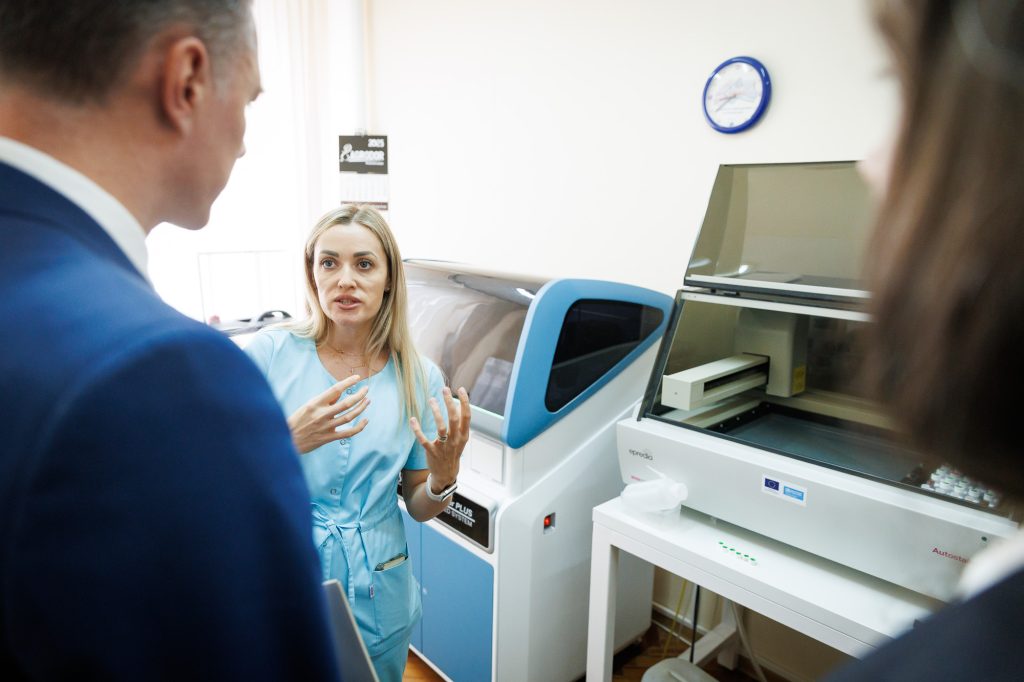
“The new devices are more than just equipment; they’re instruments of hope. For patients with bone tumors, we can now perform surgeries with greater precision and less trauma. That means faster recovery, fewer complications, and a real chance at a better life. This donation helps us offer advanced and qualitative care”, said Dr. Andrei Olaru, orthopedic oncologist from the Institute of Oncology.
This contribution complements a previous EU and WHO donation of 1,000 vials of Trastuzumab and a high-performance ultrasound machine, further reinforcing Moldova’s commitment to modern, patient-centered oncology care.
“The Republic of Moldova has confirmed its intention to join the EU, and the EU is not only about the economy, but also about the overall well-being of society, including healthcare. The EU supports this institution not only with technical equipment, but also through broader assistance. In addition, the EU will support the construction of two regional hospitals, in Bălți and Cahul. We are ready to continue providing assistance to the Republic of Moldova, and we are pleased that Moldova is taking part in the Europe’s Beating Cancer Plan. Moldova is part of Europe, and we want Moldova to be a healthy part of a healthy Europe”, declared Frederik Coene, Head of the Cooperation Section of the EU Delegation in the Republic of Moldova.
“The donation provided by the European Union represents significant support in modernizing oncological diagnostic and treatment services. These investments will ensure patients have access to modern, minimally invasive treatments that reduce hospitalization time and increase the chances of recovery,” stated Angela Paraschiv, State Secretary at the Ministry of Health during handover event at the Institute of Oncology.
With the European Union funding through “EU support for COVID-19 vaccine deployment in the Eastern Partnership”, WHO has supported the Republic of Moldova in advancing cancer care. A new National Cancer Control Programme for 2026-2030 is being developed to guide prevention, early detection, treatment, and palliative care, while a National Cancer Registry is underway to ensure that every decision is based on reliable date and patients’ real needs. In addition, cancer care has become more compassionate, with over 600 health professionals trained to better communicate with patients and new materials developed to support nutrition and emotional wellbeing.
Miljana Grbic, WHO Representative in the Republic of Moldova, highlighted the strategic partnership between WHO, the European Union, and the Ministry of Health in supporting the country’s oncological services: “The new National Cancer Control Program, focused on the needs of patients and survivors, the strengthening of laboratory capacities, and the improvement of early detection of the most common forms of cancer, means more lives saved and more complete families.”
“These advancements are possible thanks to the strong collaboration between national authorities and development partners. We are deeply grateful for the continuous support and for the fact that oncology has been recognized and upheld as a national priority. This partnership is not only about technology – it’s about saving lives and giving hope to thousands of patients.”, declared Ruslan Baltaga, director of the Oncology Institute.
Patients in Moldova are already seeing the benefits of improved cancer services. Modern diagnostic standards are now used in laboratories, and breast cancer care has been reorganized so women can receive earlier and more accurate diagnoses closer to home. Thanks to this shift to an early-detection model under the Global Breast Cancer Initiative, the share of late-stage breast cancer cases fell dramatically – from around 60% to just 37% in the first four months.
Furthermore, women in Moldova are gaining access to better cervical cancer screening. New pilot programs are introducing HPV testing and modern Pap smear methods, making early detection more reliable and accessible. These efforts, developed with international expertise and local partners, mean more women can be diagnosed earlier and receive timely, life-saving care.
These collective efforts mark an important step towards ensuring that every patient in Moldova, including displaced people from Ukraine, has access to timely, effective, and comprehensive cancer care.
